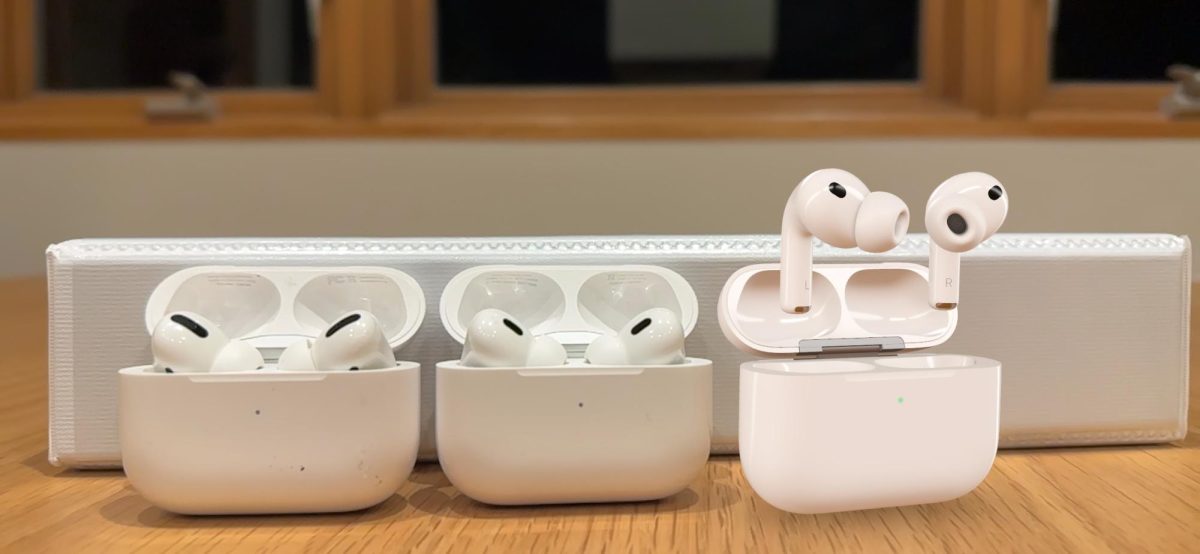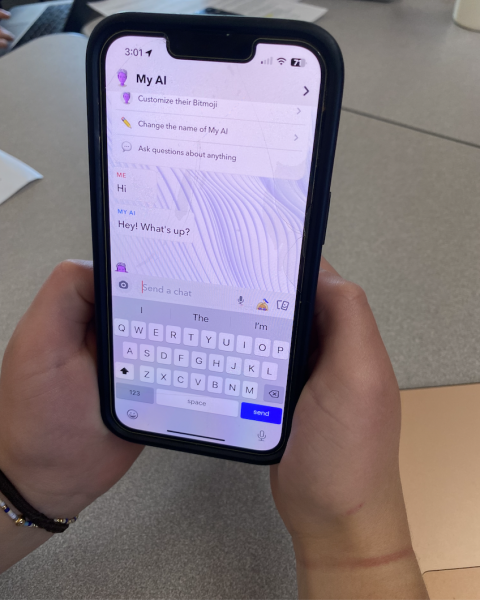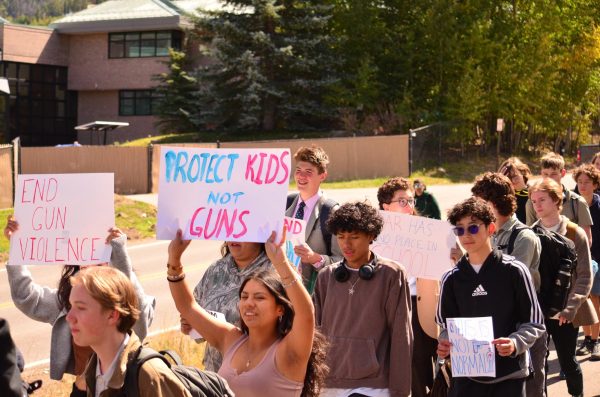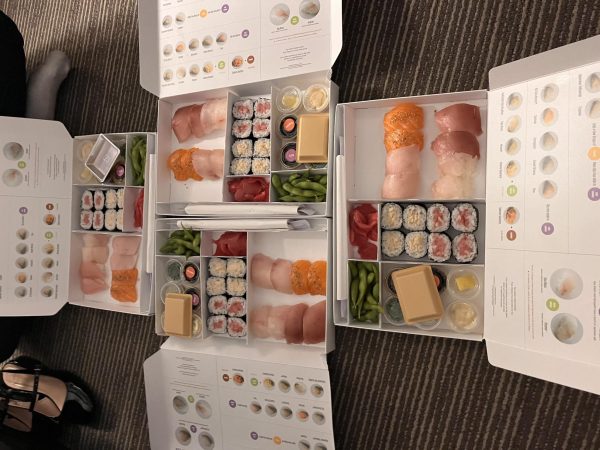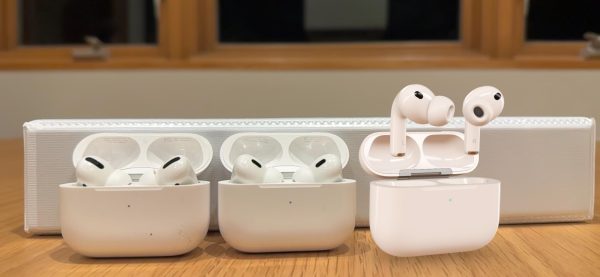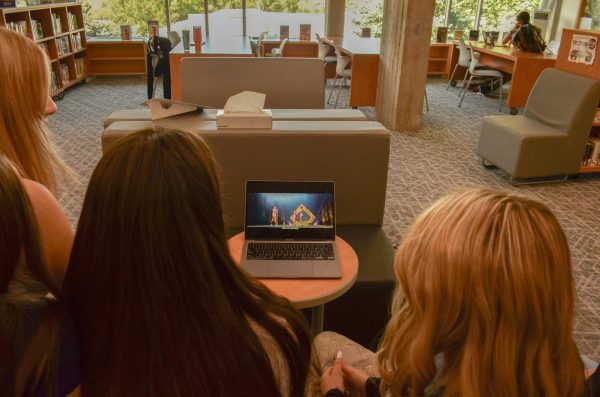The generation of technology can’t handle social media
Teen are often overwhelmed with the adverse side effects of social media and struggle to grapple with social media addiction and the long-term consequences of oversharing online.
Teens worldwide rely on social media to complete daily tasks, communicate with each other, and express themselves. However, social media can be taken advantage of and cause more harm than good.
Social media can be beneficial. ProCon.org states, around 57% of teens today have made new friends over social media. Through social media, teens can express themselves creatively and find communities of people that have similar interests. Teens in AHS who filled out the survey said it allows them to seek extra help during virtual learning and deepen communication.
With this in mind, think about oversharing. It’s easier to share stuff virtually rather than in a face-to-face conversation. According to a survey involving 84 AHS students, 53% said social media had affected their ability to communicate with peers face-to-face. Because of this inability to connect socially, they are forced to turn to the virtual world, hoping to fill that void of missing social interactions. Teens tend to share personal information with strangers. For instance, a teen meets someone virtually; they provide their phone number, date of birth, or even location. By doing this, they are putting themselves in serious situations that can potentially be very dangerous, such as kidnapping and rape.
Privacy on social networking sites is also heavily overlooked. Once something is posted publicly, it can never be entirely deleted. Posting an embarrassing or inappropriate photo seems harmless in the moment. However, according to ProCon.org, 88% of private self-produced sexual images are stolen by pornography websites and shared publicly, often without knowing the person who took them. Putting this and the fact that 22% of teen girls and 18% of teen boys have posted nude or semi-nude photos together makes those statistics even scarier. AHS students reported that 63.1% had been asked to share inappropriate images of themselves through social media.
These factors drastically impact the mental health of teens. It becomes addicting. According to the survey, 64% of the AHS students said they felt addicted to social media, and as technology advances, these numbers continue to rise. According to TIME.com, in 2013, only 43% of teens said they regularly checked social media multiple times a day. In 2016, that number rose to 68.5% of teens. While on their phones, teens can encounter cyberbullying. The harms of social media on mental health have been proven to be worse for girls. Girls are more frequently on social media and often take certain aspects more seriously than boys. Hateful comments can seriously damage teen girls’ mental health. The way girls view themselves can stem from the body standard portrayed through social media. Teens seek validation through social media. When they aren’t receiving the reaction they were hoping for, it can affect their mood and self-esteem negatively.
Being highly involved in social media has a beneficial side. For the most part, however, social media’s overuse can seriously damage teen’s mental health, social well-being and invade their privacy. Reducing the time teens spend on social media can decrease the majority of the surrounding issues. As a teen in today’s society, learning how to prioritize myself over social media has been challenging to do. Social media should not be fully eliminated because it promotes creativity, communication, and efficiency. However, it should be monitored to help combat its negative impact.

Tessa Guilander is a junior at AHS and is currently a part of Skier TV. It is her second year as a part of the AHS journalism staff. In her free time,...


